Sudan sacks top judge, accepts chief prosecutor's resignation
Sudan has sacked its top judge and accepted the resignation of its chief prosecutor, the country's ruling body said, following mounting criticism over delays in delivering justice.
"The sovereign council... has accepted the resignation of Tagelsir al-Hebr from his position as general prosecutor," the council said in a statement issued late Monday.
"The council has relieved Neamat Abdullah Mohamed Kheir from her position as head of the judiciary," it said.
Kheir and Hebr were appointed in October 2019, months after the ouster of president Omar al-Bashir on the back of mass protests against his rule.
Kheir's appointment made her Sudan's first female judiciary chief.
Monday's statement said Hebr had submitted his resignation "several times before but this time he was more insistent on stepping down."
Hebr oversaw investigations into an array of cases related to "violations" committed during Bashir's rule as well as 1989 Islamist-backed coup that brought him to power.
On Saturday, Sudan's army said it handed Hebr the results of a probe into the recent killing of two demonstrators who had been calling for justice for the victims of a 2019 violent protest dispersal.
Last week, hundreds gathered outside the army headquarters in Khartoum calling for speedy investigations into the killings of protesters during a 2019 violent dispersal of a mass sit-in at the same site.
Security forces dispersed last week's rally, killing two and wounding dozens.
Read more: Two people killed in Sudan rally over 2019 protests killings
The amount of the financing was not disclosed, but the IMF and World Bank put Sudan's total external debt at an estimated $49.8 billion as of the end of 2019.https://t.co/q8DlIHNZk3
— The New Arab (@The_NewArab) May 11, 2021
The April 2019 sit-in was held to call for an end to Bashir's three-decade rule.
The iron-fisted ruler was ousted days later, but the protesters kept up the encampment for weeks demanding the transfer of power from the military to civilians.
In June 2019 and towards the end of Ramadan, armed men in military fatigues violently dispersed the camp, leaving at least 128 killed in a days-long crackdown, according to medics linked to the protest movement.
Families of victims have since been calling on authorities to bring the perpetrators to justice.
The ruling generals at the time denied ordering the bloody dispersal and called for a probe into the incident.
Sudan has been led since August 2019 by a civilian-majority transitional administration, which has vowed to ensure justice to the victims and their families.
Later that year, an investigation committee led by a prominent lawyer launched an independent probe into the killings but has yet to finish its inquiry.
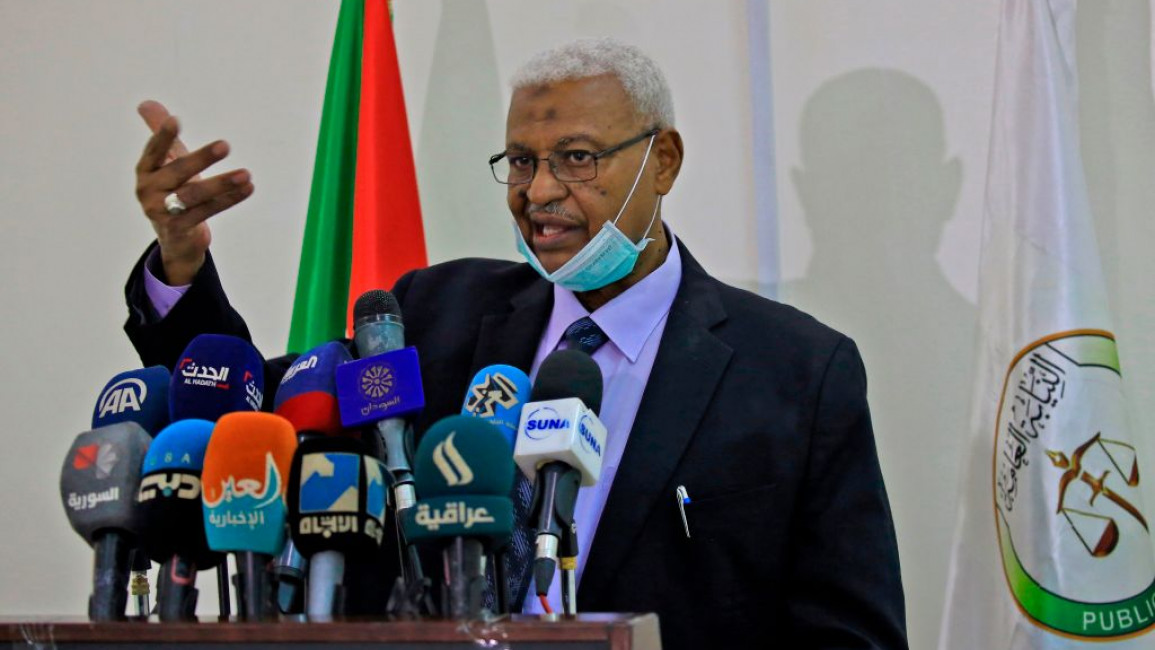

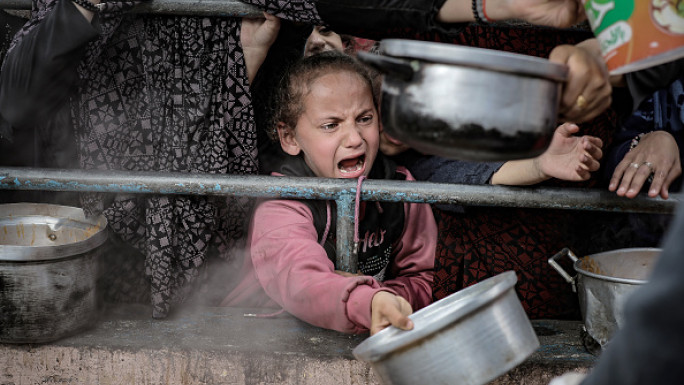

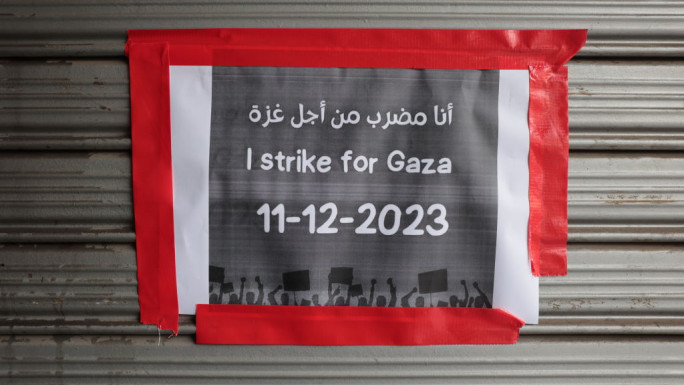
 Follow the Middle East's top stories in English at The New Arab on Google News
Follow the Middle East's top stories in English at The New Arab on Google News
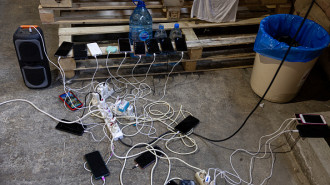
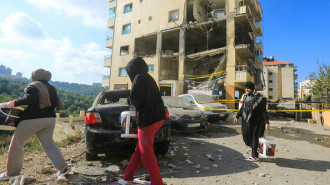
![Elon Musk and Donald Trump [Getty]](/sites/default/files/styles/image_330x185/public/2176994757.jpeg?h=a5f2f23a&itok=PAd82XXu)